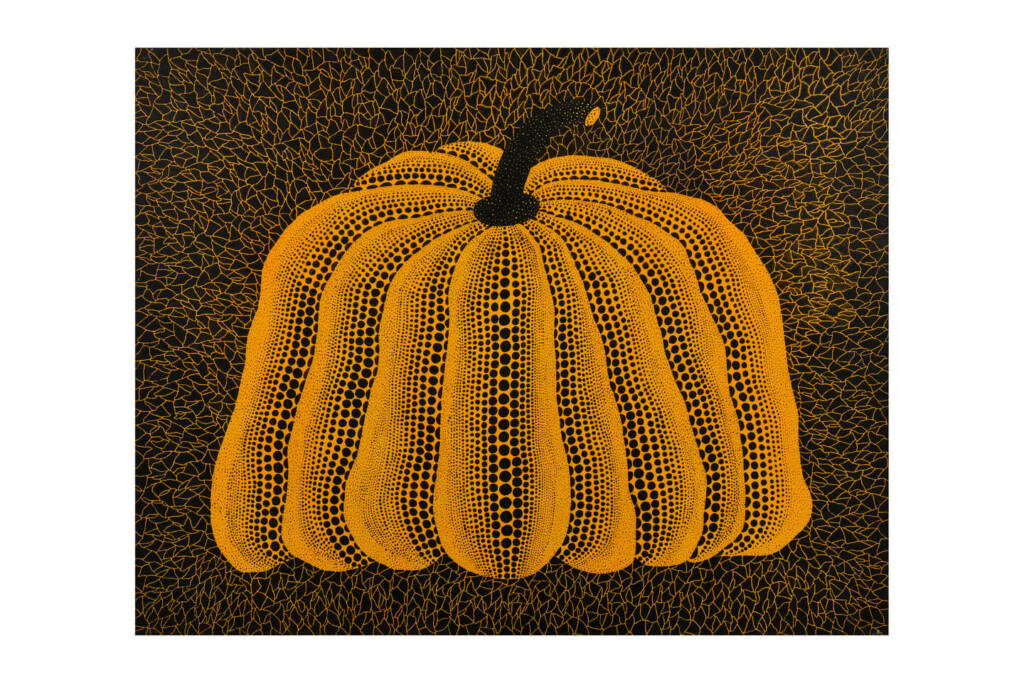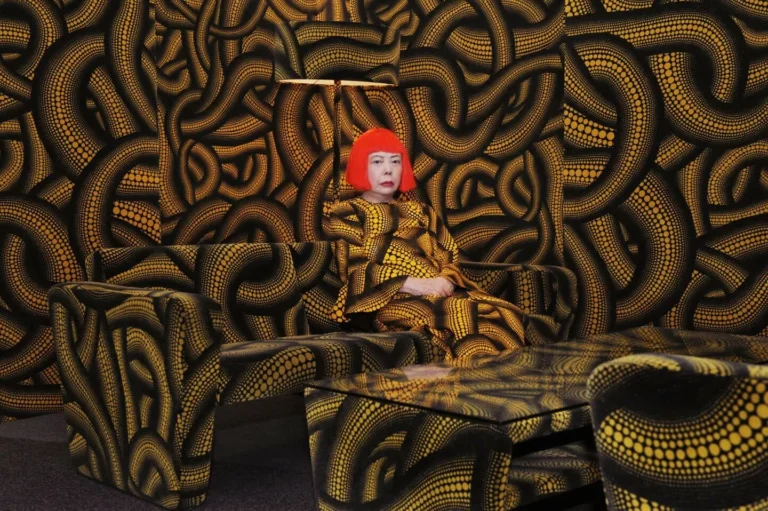The legendary Japanese artist Yayoi Kusama will be the subject of a sweeping retrospective that will travel to three major European museums between 2025 and 2027. The exhibition, titled simply Yayoi Kusama, begins at the Fondation Beyeler in Basel on October 12th, 2025, before moving to Museum Ludwig in Cologne on March 14th, 2026, and concluding at the Stedelijk Museum in Amsterdam on September 11th, 2026.
The project will offer a full survey of Kusama’s seven-decade career, tracing her journey from early experimental works to her most iconic large-scale installations. Visitors can expect to encounter paintings, sculptures, installations, performances, and literature, alongside rarely seen pieces that have never before been shown in Europe.
Infinity Mirror Room: immersive worlds without boundaries
Central to the retrospective will be Kusama’s celebrated Infinity Mirror Room installations. These mirrored chambers, covered in polka dots, lights, or suspended objects, immerse viewers in seemingly endless reflections, dissolving the boundary between self and space. The exhibition will include both historical examples and newer versions, underscoring Kusama’s ongoing fascination with infinity as a metaphor for human existence.
Alongside pumpkins and polka dots
Beyond the Infinity Mirror Room environments, the exhibition will showcase other defining motifs of Kusama’s practice. Her monumental pumpkin sculptures, often clad in bright yellow and black polka dots, will stand as playful yet profound meditations on repetition and form. Visitors will also encounter early polka-dot paintings from the 1950s, works that first established her signature style and became a cornerstone of her visual language.
Together, these works illustrate Kusama’s lifelong exploration of obsession, repetition, and the dissolution of the self into an infinite universe.
A retrospective across time and borders
Organized in collaboration with Kusama’s studio, the exhibition highlights the breadth of her influence, from her rise in New York’s avant-garde scene in the 1960s to her continued global recognition today. As Rein Wolfs, director of the Stedelijk Museum, emphasized when the project was first announced, the retrospective promises to be “a feast for the eyes, where visitors can truly lose themselves in Kusama’s extraordinary art.”


